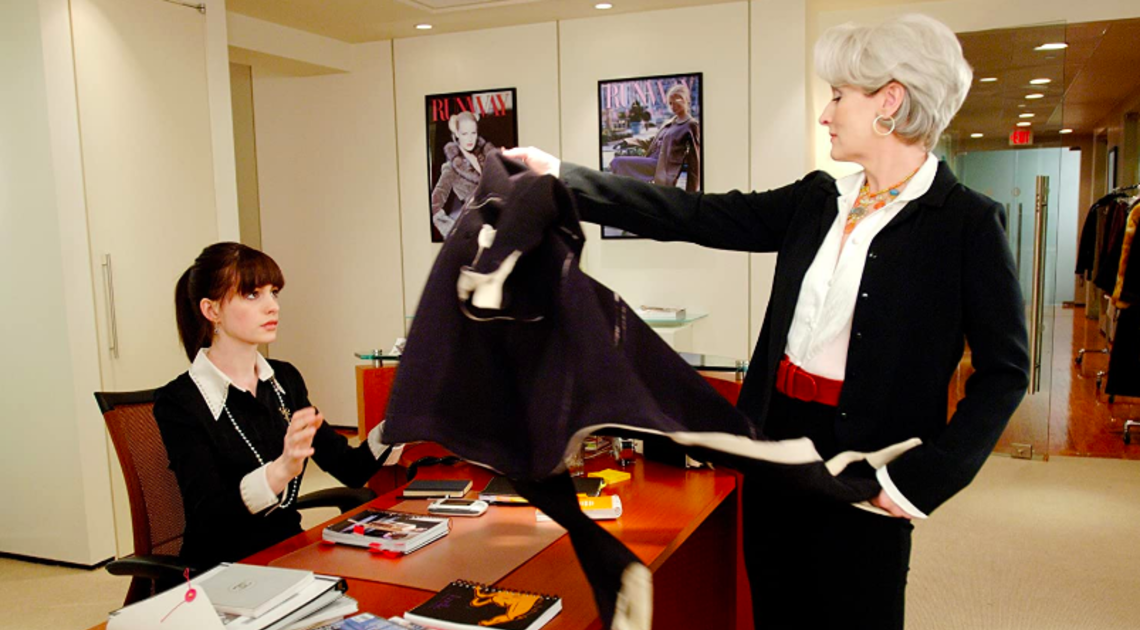We’ve all seen the meme circulating social media declaring: “For people in business, 2020 is really just a year for staying alive. Don’t even talk about your dreams or plans. Just make sure you stay alive. If you can stay alive, then you would have made a profit already.”
The quote has been incorrectly attributed to Alibaba Founder Jack Ma, and according to Nicki Wilson – Founder & Managing Director of Dubai-based recruitment consultancy Genie that specialises in fast-moving consumer goods, retail, beauty, entertainment, the food and beverage industry, e-commerce and apps – it’s not entirely inappropriate to ask about your company about your career prospects during a downturn. “I think it shows commitment during a time where even employers are uneasy about the aftershock effects of having to implement pay cuts or redundancies and how that looks to the performers in the team. I think an open conversation would show a positive step to the future, ease anxieties all round and be an opportunity to share input.”
Her advice about starting this conversation? “Employees could start by mapping out new goals and compare them to goals stated at the beginning of the year. There of course will be differences but showing enthusiasm to pull together and showing commitment to your employer during a time where there is a lot of uncertainty is a good thing. No one predicted any of this and to show you are thinking ahead or working a way to move forward could really inspire not only your employer but your peers.”
“An open-ended query – perhaps in an informal environment such as over coffee – is likely to give your manager the best grounding to share how they think the recovery is going”
Empathetic leader Mimi Nicklin, author of Softening The Edge and host of the Empathy for Breakfast show and Secrets of The Gap podcast agrees: “If you were to start a conversation about the future, an open-ended query – perhaps in an informal environment such as over coffee – is likely to give your manager the best grounding to share how they think the recovery is going to go, at what pace and with which focus areas. Showing interest in the collective future for the team and business, versus your role alone, is likely to be received positively.”
Although Mimi has this caveat: “As a leader I would empathise with the question as information searching, and certainly would not find this inappropriate, however it may be more understanding on your part to wait until the redundancy period is over. While, redundancies are of course extremely tough on those affected they also leave a heavy toll on those who have to make these decisions and its possible that your manager won’t be able to offer you the quality of advice or vision you are looking for at this time.”
Photo: Supplied










